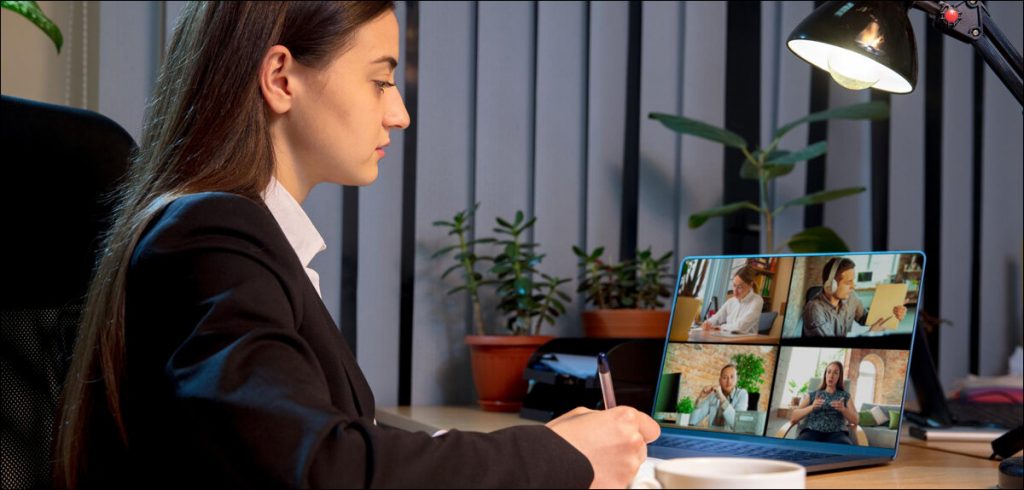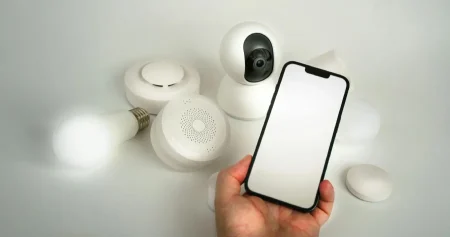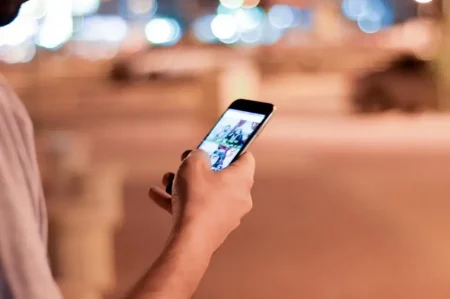A recent study conducted at Yale University has revealed the adverse effects that video calls have on our brains. Adarsh explores the topic…
Video calls have been a part of work culture for a good part of the past decade but they became integral during Covid-19. Since everyone was working remotely, the only way to communicate was over calls and hence video calls became the norm. Zoom Calls and discussions over Google Hangouts became increasingly prevalent.
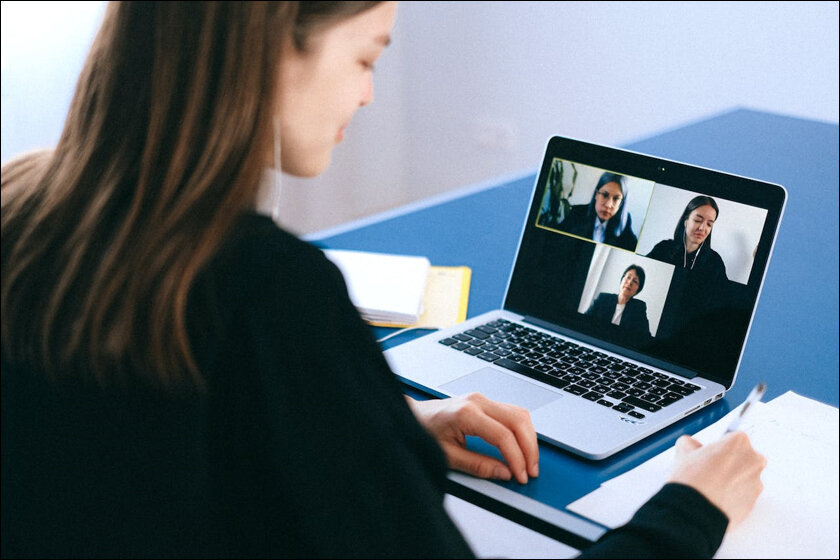
But while the calls were helpful and got the job done, there were a lot of complications too. There were a lot of stressors like accidentally muted microphones, unstable internet connections and awkward silences. “Am I audible?”, “I’m sorry but I think you’re talking on mute”, “Can you see my screen?”, “There seems to be a lag”…
The Yale Research
Three years into the post-Covid era, a team of researchers led by neuroscientist Joy Hirsch at Yale University conducted a study in Imaging Neuroscience. They made use of specialised neuroimaging technologies that permit real-time study of interactions between two people in natural settings.
For the study, Hirsch and team recorded neural system responses in individuals engaged in live, two-person interactions as well as in those involved in two-person conversations using Zoom. The study revealed a significant reduction in the strength of neural signalling during Zoom conversations in contrast to in-person interactions.
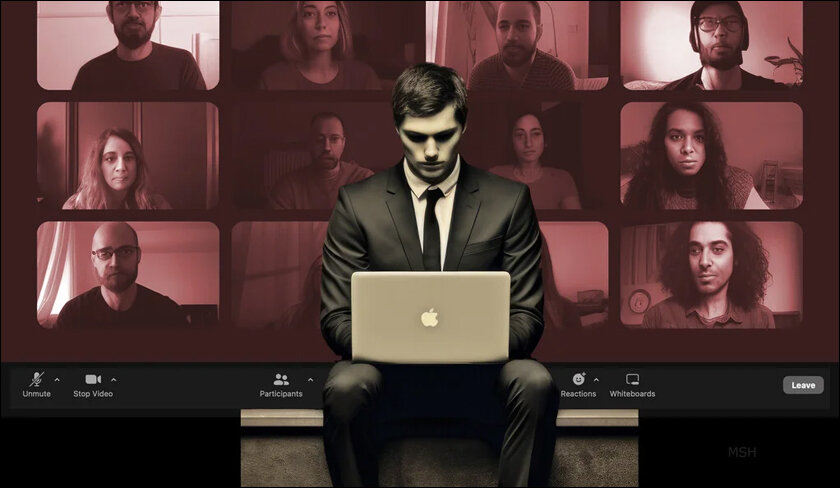
The purpose of the study was to understand how virtual interactions influence social cues and also impact the way our brains process such engagements. It emphasised the significance of face-to-face communication in shaping our natural interactions with others.
What the Study revealed
As per the study, social systems within the human brain exhibit higher activity during in-person encounters as opposed to virtual interactions. Talking about this in detail, Hirsch said: “The social systems of the human brain are more active during real, live, in-person encounters than on Zoom.”
“Online representations of faces, at least with current technology, do not have the same ‘privileged access’ to social neural circuitry in the brain that is typical of the real thing. In this study, we find that the social systems of the human brain are more active during real, live, in-person encounters than on Zoom. Zoom appears to be an impoverished social communication system when compared to in-person conditions.”

How do these Calls affect us?
During face-to-face interactions, the scientists observed high levels of neural activity, along with long gaze times, increased pupil diameters as well as enhanced face-processing abilities. But in comparison, when people were looking at an image on a screen, they had a “suppressed” social response.
It has been long established that social interactions are fundamental in human society. Our brains are finely wired to process dynamic facial cues, which are a primary source of social information, during genuine in-person encounters.
Enhanced activity among those engaged in face-to-face conversations was linked with increased gaze time and larger pupil diameters, indicating heightened arousal in both participants’ brains. Furthermore, the increased activity during in-person interactions was associated with an improved ability to process facial expressions, as stated by the researchers.
Here’s a video explaining how work video calls are affecting our brains:
The Last Word
The fact of the matter is that there is no escaping Zoom calls. It is part of the new normal and hence is an integral part of the post-Covid work setup. So while there is nothing we can do to avoid it, what we can do however is to limit it as much as possible.
Whenever possible, opt for a face-to-face conversation over a virtual one as there is a lot that gets lost between the lines when you’re trying to have a conversation with someone through a screen.
In case you missed:
- From Curiosity to Utility: Inside 1.5 million ChatGPT Conversations
- Should Chatbots have Rights? Ethicality vs Practicality
- Cool Things You Didn’t Know Your iPhone Could Do
- Microsoft’s 2025 Work Trend Index reveals the rise of Frontier Firms
- Samsung S25 Review: A Powerful Upgrade with AI Enhancements
- You can Now Create a Video From a Single Image!
- OpenAI is now Focussing on Superintelligence!
- New Year, New Scam: All You Need to Know About Brushing
- iPhone 17 Pro Review: Is the Price Justified?
- From Silicon Valley to Gaza: Microsoft’s Cloud could be Israel’s War Machine




